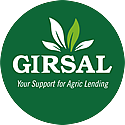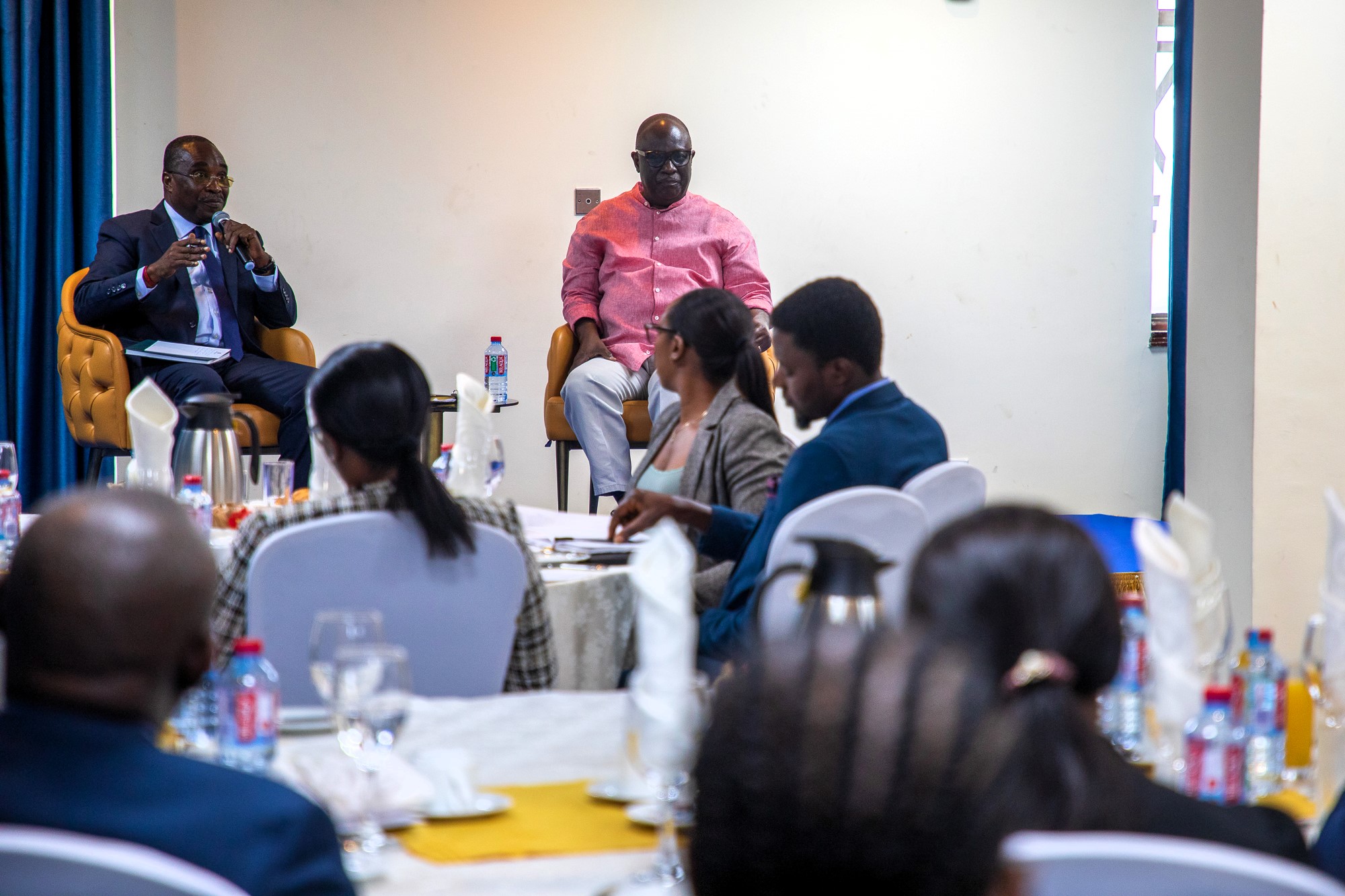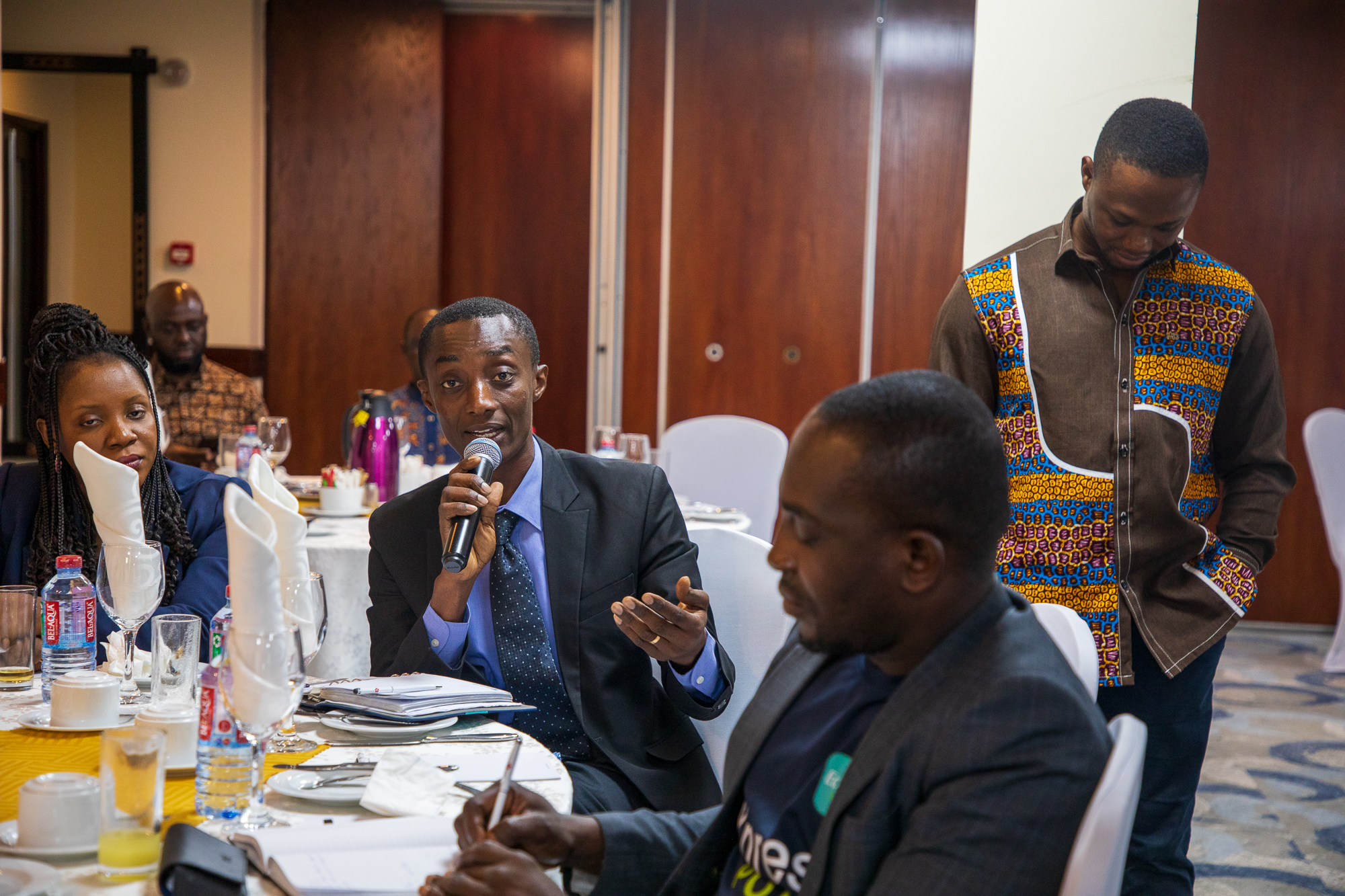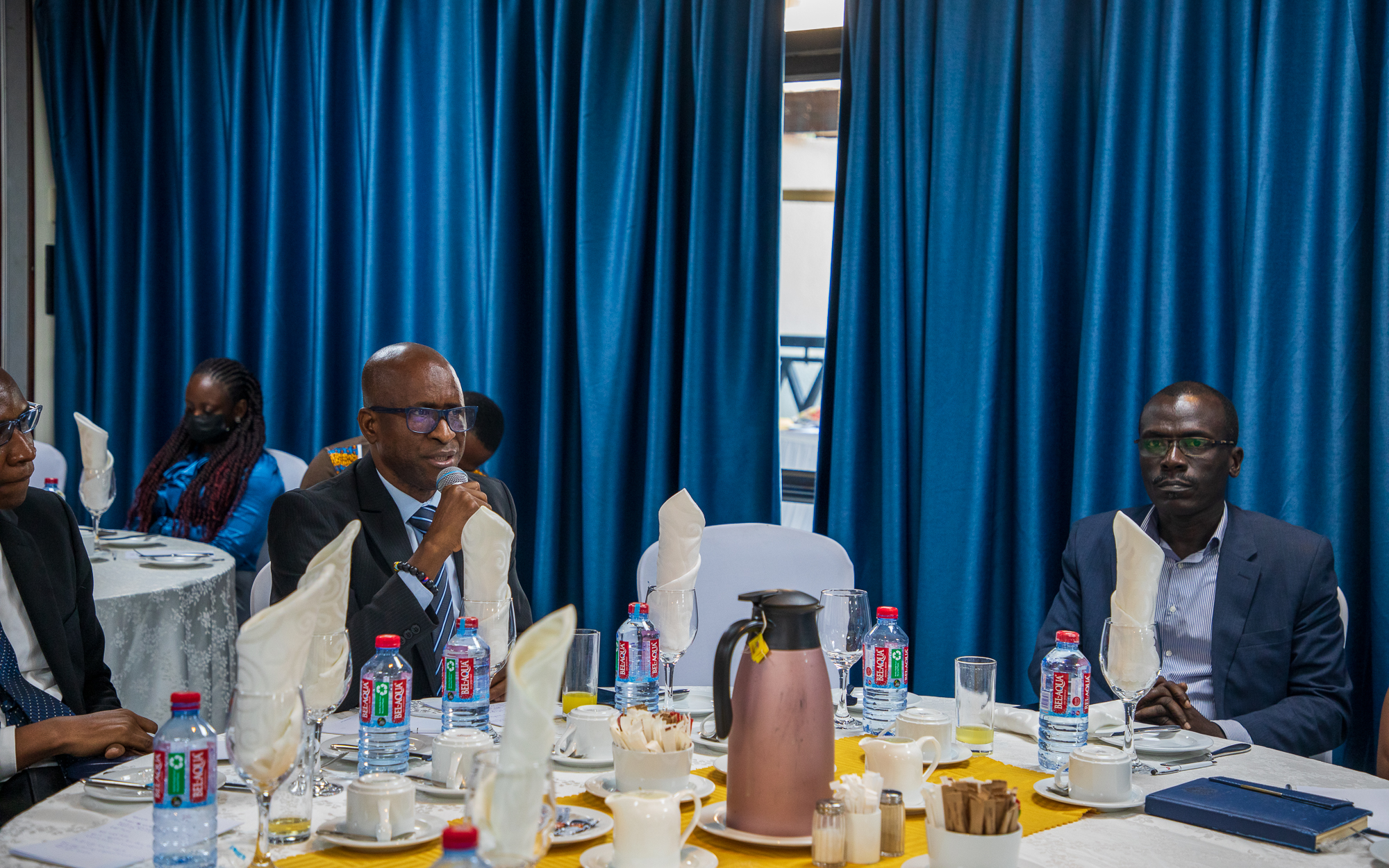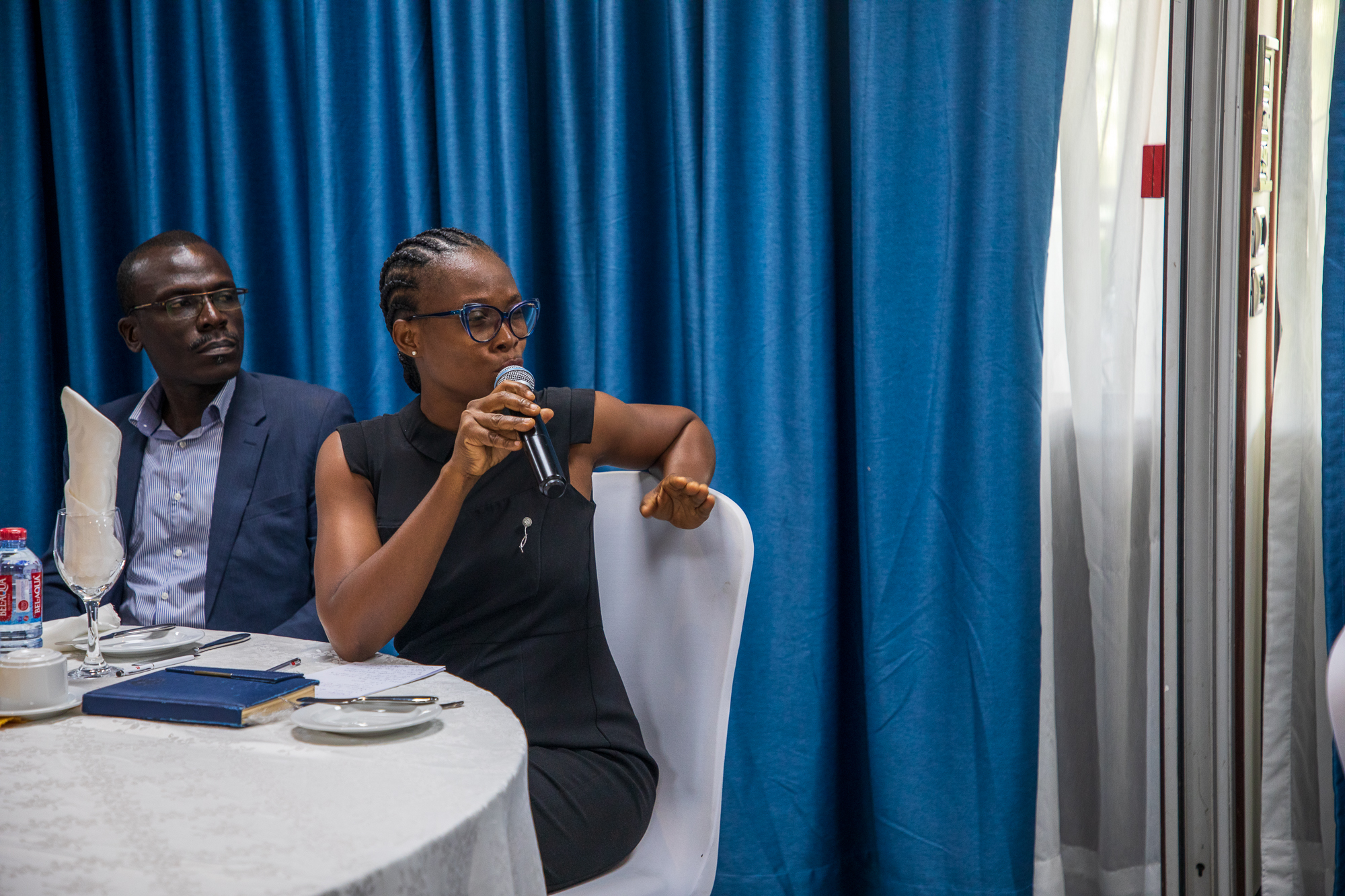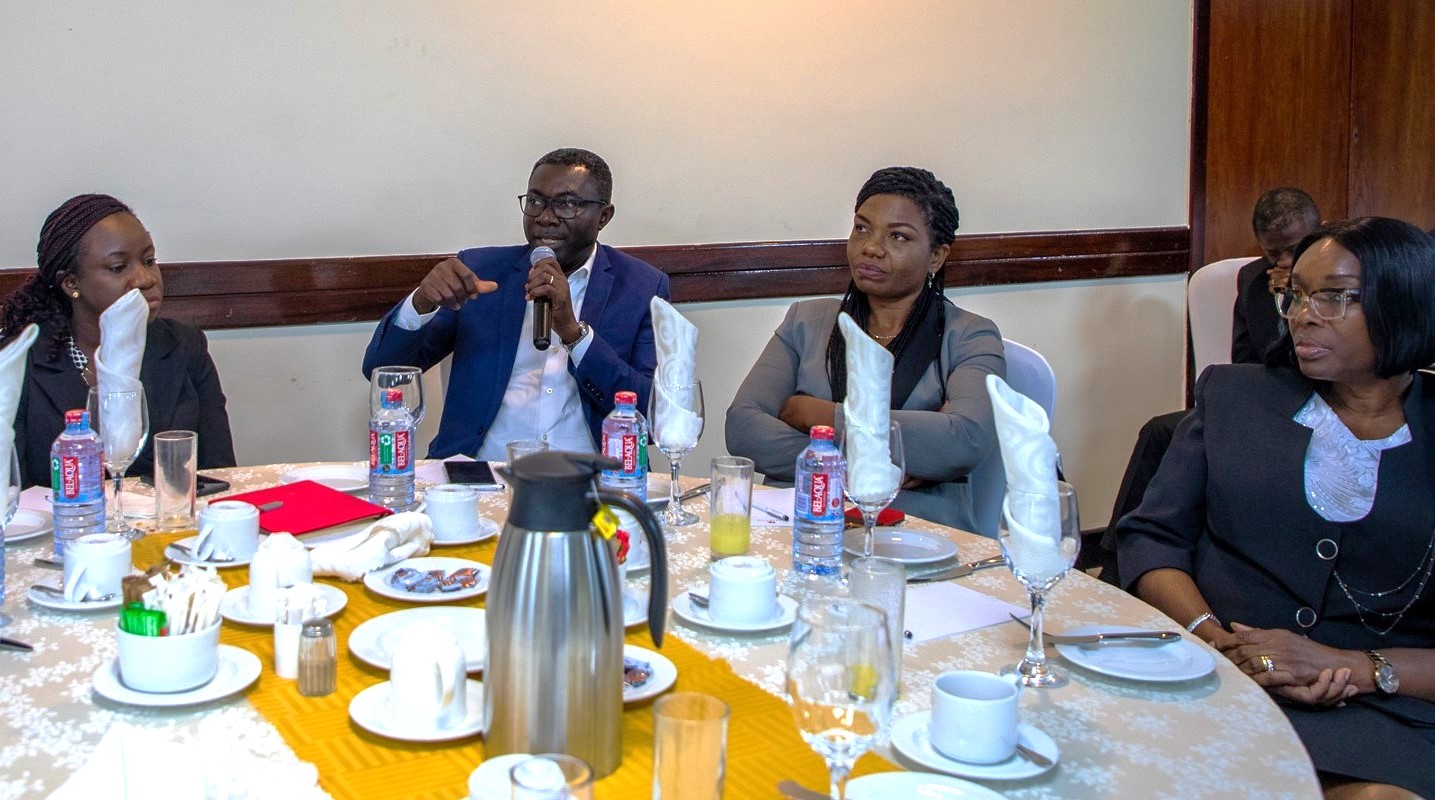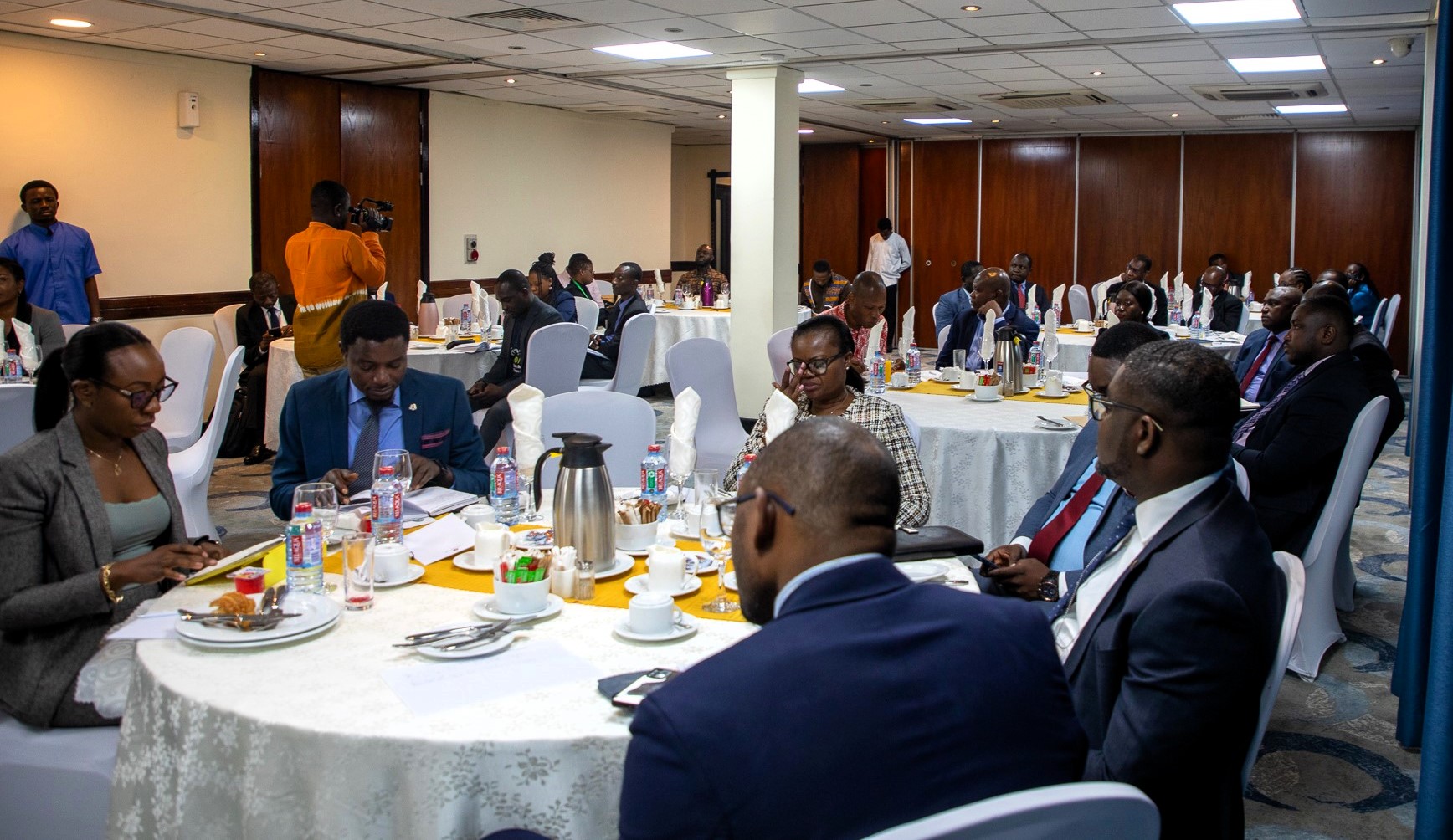GIRSAL recently facilitated a critical dialogue between the Lands Commission and Financial Institutions at a breakfast meeting in Accra. The event aimed to tackle persistent issues related to land documentation and collateral registration, which have been causing funding delays for agribusinesses.
Financial institutions often grapple with the complexity of obtaining valid land title certificates, consent letters, and registering land titles and mortgages, as well as bureaucratic and time-consuming processes involved in verifying clients’ titles and completing mortgage registrations.
Timely mortgage registrations are vital for reducing risk in agricultural financing. They offer financial institutions a safety net in case of defaults, which, in turn, encourages them to lend more to the agricultural sector. Nevertheless, delays in processing land documentation hinder financial institutions’ capacity to disburse funds to agribusinesses. Such delays directly impact agribusinesses since their operations are time-sensitive and seasonal, ultimately affecting agricultural yields.
In response to these challenges, GIRSAL, through its Agriculture Stakeholder Convening and Advocacy Platform (ASCAP), organized a stakeholder engagement with Partner Financial Institutions and the National Chairman of the Lands Commission, Mr. Alex Quaynor. The objectives were twofold: to provide a platform for Financial Institutions to interact with the Lands Commission through a Q&A Session, allowing them to voice their concerns and challenges related to collateral registration, title searches, and land documentation, and to strengthen collaborations among all relevant stakeholders to address the constraints and improve service delivery.
The event took place on Thursday, November 2, 2023 at the Lancaster Hotel in Accra. Representatives from Fidelity Bank, ABSA Bank, Ecobank, Cal Bank, Development Bank Ghana, GCB Bank, ADB Bank, and Republic Bank represented by their Legal, Credit Risk, and Collateral and Documentation Units, engaged directly with the Chairman of the Lands Commission.
Key questions from the banks at the meeting revolved around incidents of lost files, delays in mortgage registrations, cloning of documents, forgery of signatures, and delays in authenticating land title certificates.
Responses shed light on the factors contributing to these challenges, including the absence of a digitized filing system, inadequate staffing at the Commission, the use of agents and its attendant delays in document submissions by banks’ agents, and property valuations conducted by unlicensed surveyors.
Mr. Quaynor also outlined measures being taken by the Lands Commission to address these issues. These initiatives include the digitization of the filing system, limiting access to files by staff, and the piloting of a corporate portal with FBN Bank to streamline searches on land titles, consent letters, and mortgage registrations. In the short to medium term, the Commission plans to roll out a nationwide mapping exercise of lands to enhance efficiency.
The event concluded with a commitment from Mr. Kwesi Korboe, CEO of GIRSAL, to support financial institutions in expediting the submission of their outstanding applications to the Lands Commission Secretariat. Mr. Korboe underscored the critical role of mortgages in de-risking agricultural financing to bolster lending to agribusinesses.
The breakfast session successfully provided a platform for financial institutions and the Lands Commission to engage in a constructive dialogue about bottlenecks in collateral registration and documentation. It shed light on the causes of delays and offered insights into the steps to improve services, including digitization efforts and enhanced security measures for file handling to enhance the Lands Commission’s service delivery to financial institutions.
